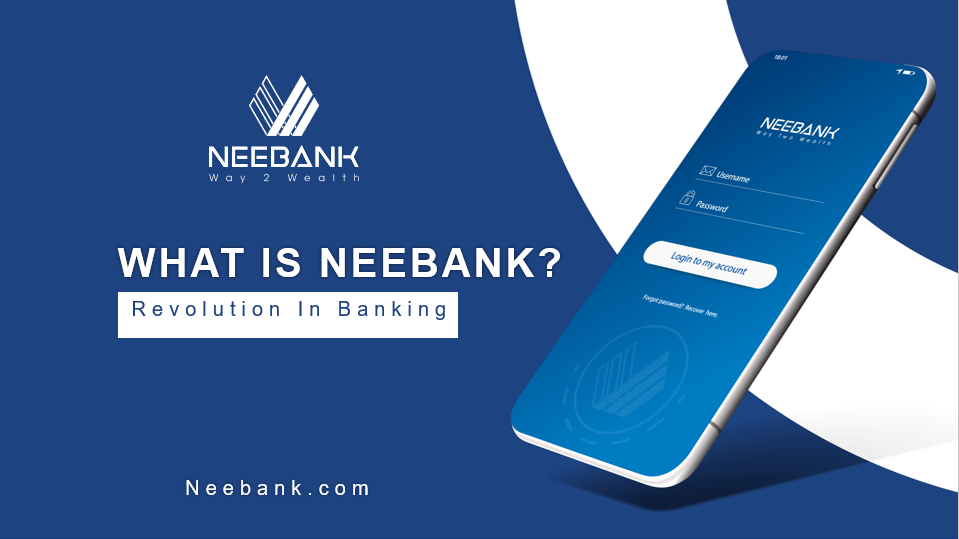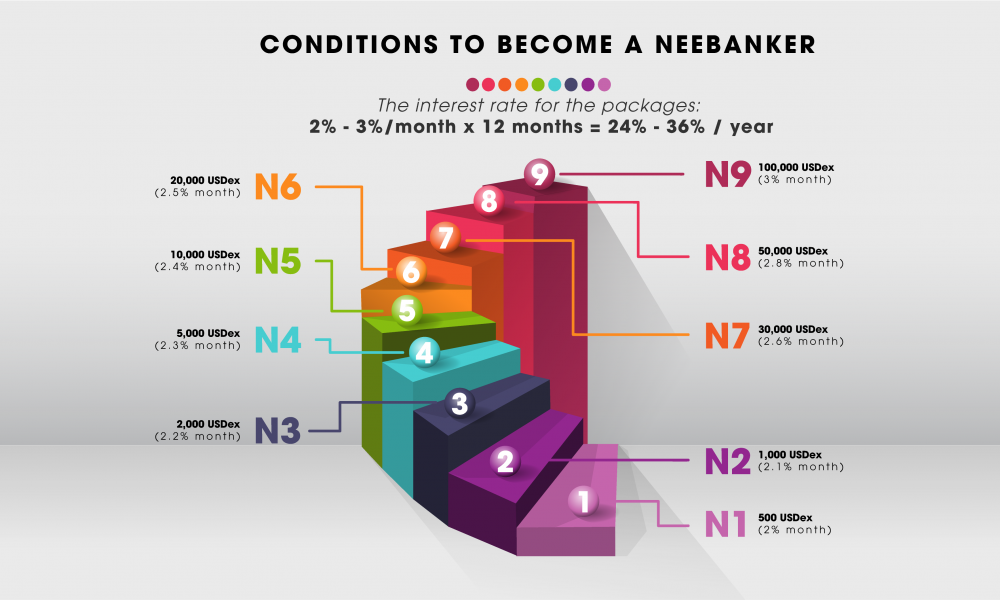
Potentials and Challenges for Digital Banking in Vietnam
According to a report from Viet Dragon Securities, the influence of the Internet and mobile will continue to expand and Vietnam will reach about 60 million internet users and 55.4 million mobile phone users by the year 2022.
In Vietnam, the banking industry has been identified as one of the sectors focusing on the application of advanced technology. New services and applications in this industry are launched using technology platforms. In the context of a developing digital economy, digital banking in Vietnam has become a centralized direction to create new services and build banks’ competitive advantages.
This trend is further strengthened when the project to develop non-cash payments in Vietnam (2016-2020) aims to bring the proportion of cash in payment down to 10% by the end of 2020 (as of June 2019, it was 11.5%). Therefore, in recent years, e-payment has been promoted, creating a wave of digital banking in Vietnam. According to the State Bank of Vietnam, as of the end of December 2018, the interbank electronic payment system processed 137,594 transactions, worth 73 million billion VND, 13 times higher than GDP. However, digital banking in Vietnam has both opportunities and challenges to thrive in the future.
Table of contents
Internet and Mobile Growth Fosters Digital Banking in Vietnam
Overall banking penetration in Vietnam is still low compared to that of emerging and frontier markets. In Vietnam, by the end of June 2018, there were over 72.7 million individual bank accounts (an increase of 5% compared to the end of 2017). The number of people with bank accounts is about 43.2 million, accounting for 45% of the population, relatively modest compared to the corresponding rates in other emerging and frontier countries. In addition, according to World Bank data, the number of ATMs and bank branches per 100 thousand adults in Vietnam is at 24.3 and 3.4, lower than similar countries.

Meanwhile, Vietnam’s digital infrastructure (regarding internet and mobile use) of Vietnam has a rather high level of development, with the number of internet and mobile phone users in 2018 reaching 55.2 million people. and 45.8 million people, accounting for 57% and 45% of the population respectively. In particular, the penetration rate of smartphones has increased dramatically in the past 5 years, especially in big cities, which reached 84% in 2017. It is forecasted that the penetration of internet and mobile will continue to expand and Vietnam will reach 60 million internet users and 55.4 million mobile phone users by 2022.
Thus, Vietnam is a country with low penetration of traditional banks, but digital infrastructure has developed quite strongly. This means that as overall banking penetration increases, Vietnam has a greater potential to boost the growth of digital banking transactions in Vietnam in the medium term than it would otherwise. other countries. Bangladesh and Egypt are also two highly regarded candidates for this potential.
However, Challenges Remain For Digital Banking in Vietnam
The vast majority of Vietnamese today still have the habit of using cash in daily payments. Since the beginning of the project to develop non-cash payments in 2016, the ratio of cash / total means of payment has been slowly decreasing. According to the study of FT Confidential, a survey on payment method in buying goods of urban people in ASEAN, in Vietnam more than 46% of respondents only use cash when making payment. This is much higher than countries like the Philippines (34%) and the rest (only 20% or less). Accordingly, the Vietnamese people’s habit of using cash is still popular.

However, in August, the Government approved the Project to promote the sharing economy model, which allows the implementation of a new policy testing mechanism (sandbox type) for the deployment and application of technologies. new in this model. This is also a method that many countries have successfully applied in the past and is expected to help shorten the time to study and issue new digital banking laws in Vietnam to keep up with the continuous development of the tech field.
 Why Should Businesses Accept Money 4.0 Now?
Why Should Businesses Accept Money 4.0 Now?





